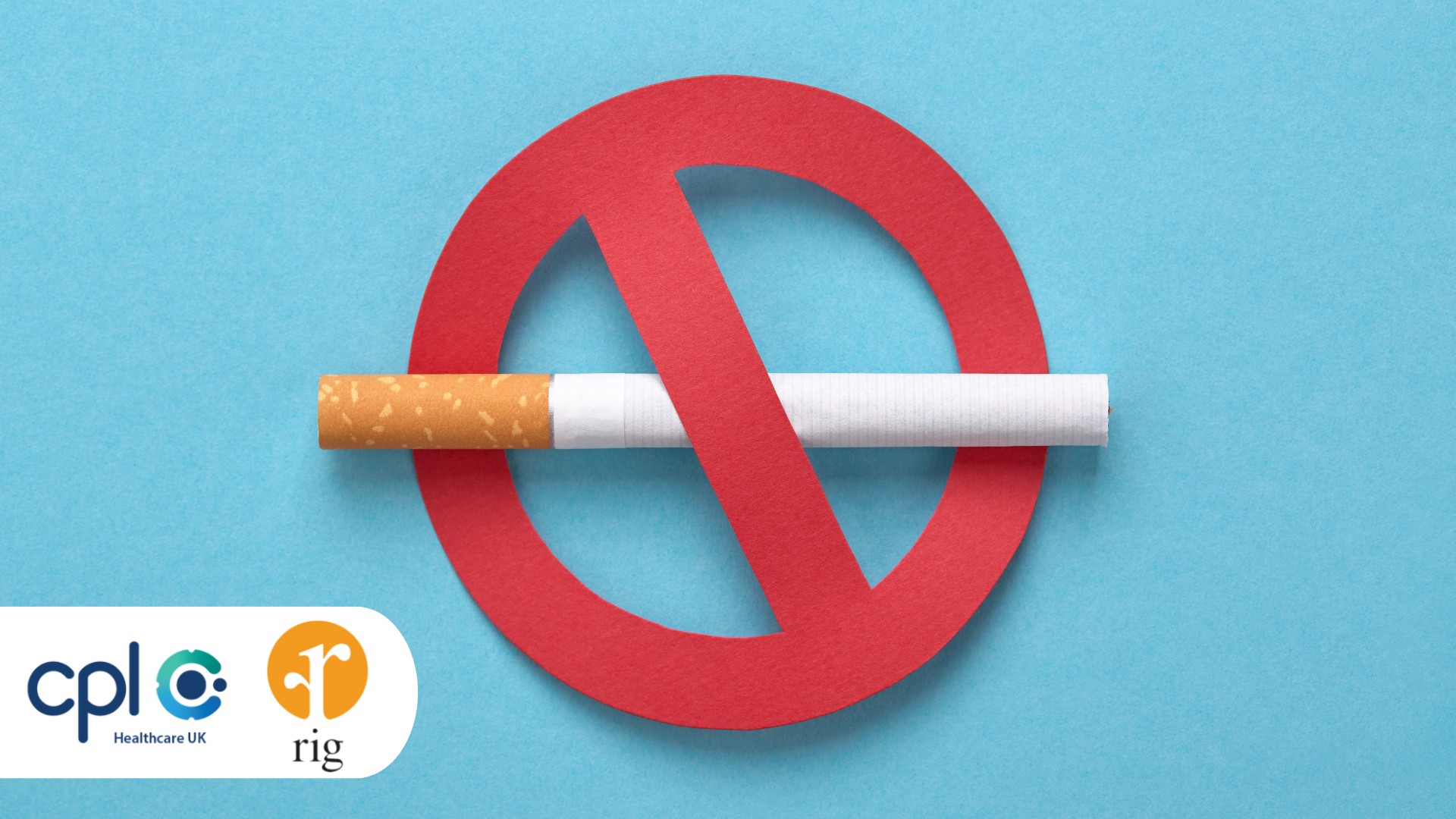Smoking remains one of the most significant public health challenges of our time. Despite decades of anti-smoking campaigns and the availability of various cessation aids, millions of people continue to struggle with nicotine addiction.
The consequences are severe, with smoking being a leading cause of preventable illness and death worldwide. In the UK alone, smoking is responsible for over 70% of lung cancers and significantly increases the risk of heart disease, stroke, and diabetes.
The financial burden on the healthcare system is equally staggering, with billions spent annually on treating smoking-related illnesses. In this context, the NHS in England’s introduction of a new stop-smoking pill, Varenicline, represents a beacon of hope for tens of thousands of smokers seeking to quit for good.
This initiative is part of a broader strategy to reduce smoking-related illnesses and deaths, aiming to alleviate the heavy burden on the healthcare system and improve public health outcomes.

A Game-Changer in Smoking Cessation
Varenicline, a once-daily pill, aims to work by reducing cravings for nicotine and blocking its effects on the brain. This dual action not only helps to alleviate withdrawal symptoms such as irritability and difficulty sleeping but also diminishes the pleasure derived from smoking.
According to NHS Chief Executive Amanda Pritchard, this new treatment could be a “game-changer” for those struggling to quit smoking.

Proven Effectiveness
Research has shown that Varenicline is as effective as vaping and more effective than nicotine-replacement therapies like gum or patches. When combined with behavioural support, such as counselling, the treatment has been shown to help around one in four people quit smoking for at least six months. This combination of medication and support is crucial in providing smokers with the best chance of success.

Health and Economic Benefits
The introduction of Varenicline is expected to save thousands of lives and deliver significant cost savings for the NHS. Smoking remains one of the leading causes of preventable illness and death in the UK, responsible for over 70% of lung cancers and increasing the risk of numerous other health conditions, including heart disease, stroke, and diabetes. By helping people quit, the NHS aims to reduce the £2.5 billion spent annually on treating smoking-related health issues.

A Collaborative Effort
This initiative is a result of a collaboration between NHS England and pharmaceutical company Teva UK, which is providing a new generic version of the treatment. The previous branded version, Champix, was withdrawn in 2021 due to an impurity, but the relaunched generic product has been approved as safe by the Medicines Health and Regulatory Authority (MHRA).

Looking Ahead
The rollout of Varenicline is part of a larger effort to create a smoke-free generation. Alongside this new treatment, the government is also working on the Tobacco and Vapes Bill, which aims to protect younger generations from the harms of smoking while supporting current smokers in their efforts to quit.
The bill includes measures such as:
· Restricting the sale of tobacco products to minors
· Implementing stricter advertising regulations
· Promoting public awareness campaigns about the health risks associated with smoking and vaping.
Additionally, there are initiatives to increase access to cessation programs and provide resources for those seeking to quit. By fostering a supportive environment and offering comprehensive support, the government hopes to significantly reduce smoking rates and pave the way for healthier future generations. Community engagement and partnerships with healthcare providers are also being emphasised to ensure the success of this ambitious public health endeavour.

A Healthier Future on the Horizon
In conclusion, the introduction of Varenicline by the NHS marks a significant step forward in public health. By providing effective tools and support, the NHS is not only helping individuals improve their health but also ensuring a healthier future for the entire population. This initiative reflects a commitment to tackling one of the most persistent public health challenges and underscores the importance of innovative solutions in the fight against smoking.
As we look ahead, the hope is that with continued support and effective treatments - we can move closer to a smoke-free generation, where the devastating impacts of smoking are a thing of the past.
If you require additional support in your smoke-free journey, click on the following link to help with motivation and tips, along with how you can use the free NHS Quit Smoking App to help keep track of your progress - Quit smoking - Better Health - NHS
You can also reach out to the Smokefree National Helpline at 0300 123 1044 for a conversation with a trained expert adviser, completely free of charge.
If you would like more information, please take a look at the following resources below – which includes the latest data and research:
NHS England » NHS rolls out ‘stop-smoking’ pill to help tens of thousands quit
What is Varenicline and how does the NHS stop smoking drug work? | The Standard
